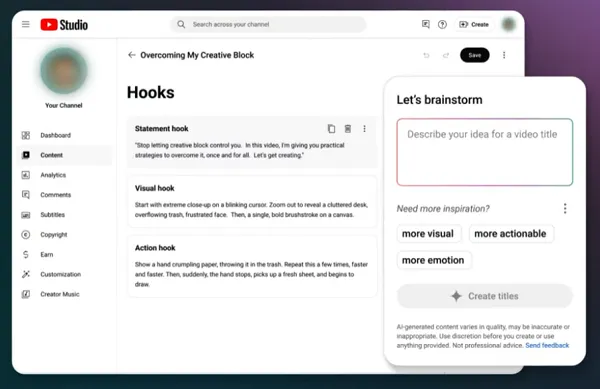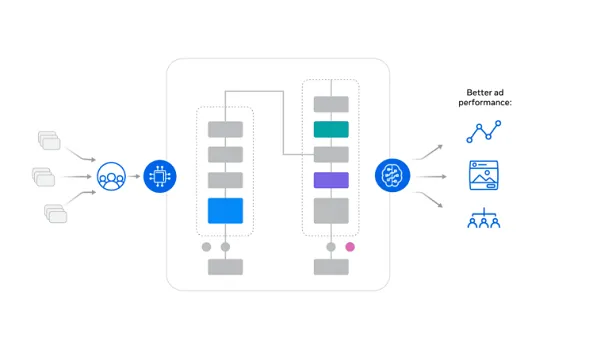Just a couple more humps to get over, and manufacturing M&A activity in the U.S. should strengthen its recent rebound from the trough of the past couple of years, agree investment bankers, strategic and financial buyers, private equity players and CEOs who addressed the Chief Executive Manufacturing M&A Dealmakers Forum in Chicago recently. Here’s how they advised forum attendees to take advantage.
The Outlook For Industry
Manufacturers are likely to find an increasingly bullish environment for dealmaking in the months ahead. “Cautious optimism” was the mood of Veena Lakkundi, senior vice president of corporate strategy and development for Rockwell Automation.
M&A activity “since the second half of 2021 is down about 55 percent,” said Joel Cohen, managing director and chairman of Baird’s Global Industrial Investment Banking Group. “But the good news is, activity is improving,” as evidenced by a recent 25 percent increase by public companies. “Policy going forward after the election is a headwind,” but interest-rate cuts “will be a real tailwind.”
Corporations are “facing a lack of growth” that “creates an imperative to do more M&A to complement organic growth through acquisition,” Cohen said. And there’s a huge amount of cash on corporate balance sheets.” Meanwhile, $2.7 trillion of dry powder characterizes private equity, so there’s “huge pent-up demand for PE exits” and “pressure on the part of the PE community to deploy the capital they’ve raised,” Cohen said.
The softening of the Chinese economy—a major “driver of growth for industrial businesses” worldwide—has served to soften demand across the board. Industrial-sector exit multiples have declined from about 10X to 12X, to about 9X, in the past couple of years, Cohen said. “It’ll take a resumption of growth for big companies to see a real rebound” in M&A activity. “When that comes back, multiples will go back up.”
Hot sectors will include aerospace and defense manufacturing, which is “very resilient, with the state” of geopolitical conflicts. Semiconductors are poised for plant investment fueled by the federal dole. And automation and digitization “are doing really well even in a tough market” as companies tighten supply chains.
On the other hand, said John May, founder and managing partner of CORE Industrial Partners, “anything tied to contract manufacturing, regardless of sector, is [bad]. If you haven’t moved up the value stream to own tooling and innovation and a moat around your business, we’re down on it. [Also] if you can’t find recurring revenue. Anything proven to be historically cyclical is tough to underwrite.”








































![Spider-Man Is Back in Black With the Green Goblin in New Funko Pop! Figures [Exclusive] Spider-Man Is Back in Black With the Green Goblin in New Funko Pop! Figures [Exclusive]](https://static1.colliderimages.com/wordpress/wp-content/uploads/2025/03/spider-man-the-animated-series-green-goblin.jpg)






























